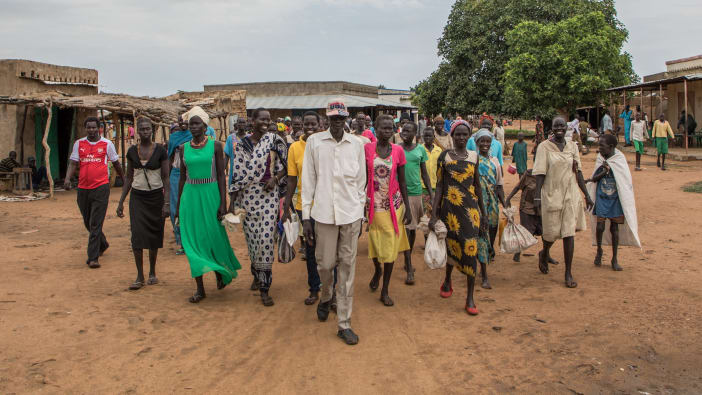Most people believe that the creation of our planet began many thousands of millions of years ago. It is almost impossible for us to make sense of this length of time. However, it is easier to understand if we compare the earth to a person 46 years old.
We know nothing about the first seven years of this person’s life and very little about their middle years. However, we do know that the earth had reached the age of 42 when God’s creative hands caused it to flower. The dinosaurs and great reptiles did not appear until one year ago, when the planet was 45. Mammals first developed 8 months ago. Mankind appeared in the middle of last week. Modern humans have been around for only four hours. During the last hour we discovered agriculture. The industrial revolution began just one minute ago.
During these sixty seconds of time, humans have made a rubbish tip of paradise. We have caused the extinction of many hundreds of plant and animal species, caused huge destruction in our search for fuel – oil, coal, gas and wood – and now we stand like greedy children with the power to destroy life as we know it on this beautiful planet.
The environment is our inheritance. It is ours to care for and pass on to our children. God’s creation is a wonderful balance of nature. When we interfere with this balance, it is often impossible to fully understand the effects. What is becoming clear, however, is that environmental damage throughout the world threatens to have serious effects on God’s creation and on all our lives. All around the world we see the results of environmental damage: forests cut down and burnt, industrial pollution, soil erosion, deserts steadily growing, climate changes, global warming – the list is endless. However, our use of God’s resources can be in harmony with nature – we do not have to be destructive.
In this issue of Footsteps we cannot begin to cover in depth all of the different issues that come under the heading of the environment. However, we look at practical ways in which we can become more aware of environmental issues and develop sustainable ways of living. The environment belongs to all of us. Let’s make sure our views are heard!
Isabel Carter









